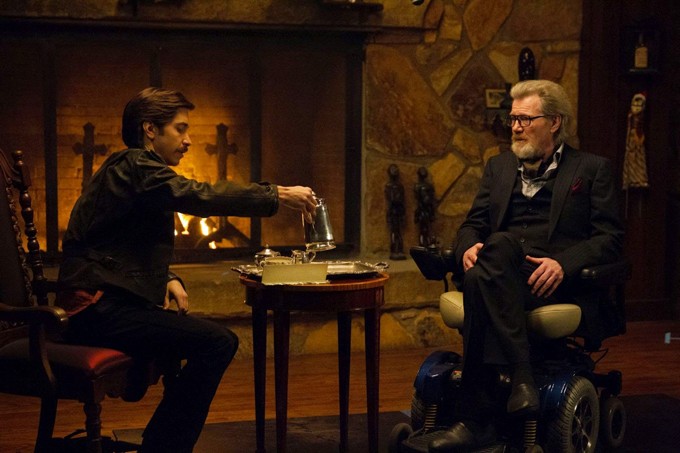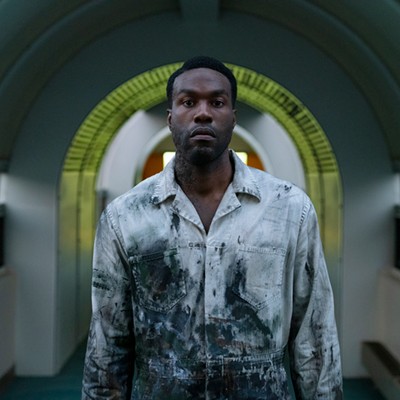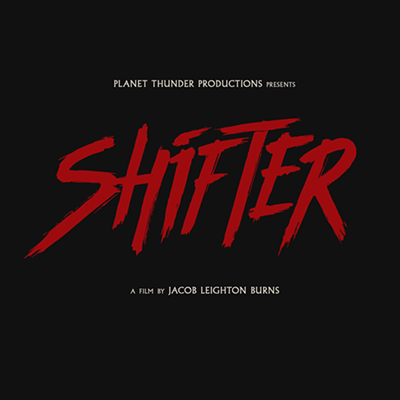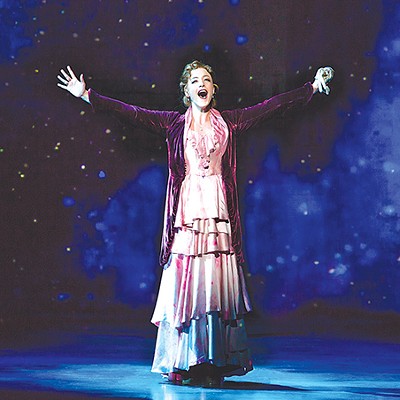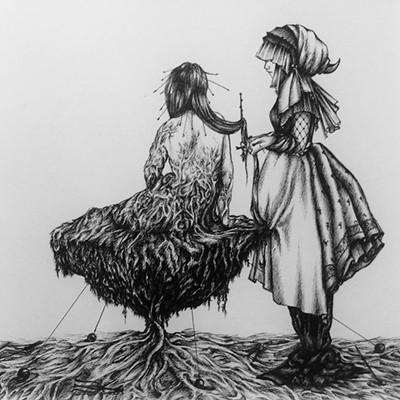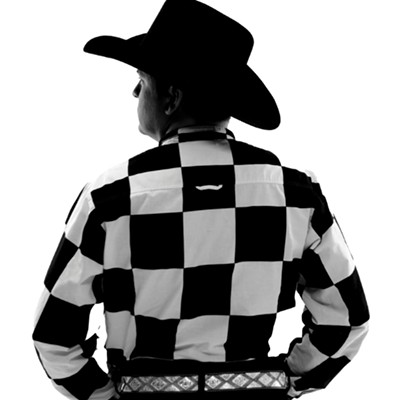At the heart of all cinema lies a body-horror film about a human walrus. With Tusk, Kevin Smith continues a tangent seemingly spurred by 2011’s Red State, a traumatic yet oddly amusing film about a violent extremist cult herded by veteran star Michael Parks. The path Smith takes with Tusk, however, distantly echoes the comedic futility Dante experiences in the director’s first reputable feature, Clerks.
Wallace (Justin Long, Movie 43) is a blossoming comedian and journalist at the height of his career, which thrives on the exploitation of obscure and tragic viral Internet personalities. In an autobiographical allusion to Smith himself, Wallace shares his findings with best friend and co-host Teddy (Haley Joel Osment, The Sixth Sense) on the “Not-see Party,” a weekly podcast emitting lowbrow humor akin to Long’s early roles like Dodgeball and Idiocracy. Meanwhile, Wallace’s girlfriend, Ally (Genesis Rodriguez, Identity Thief), is placed on the afterburner, falling short of an implosion of confidence caused by Wallace’s grotesque profession. After presumably wasting a trip to Canada due to the “unanticipated” suicide of his next teenaged subject, Wallace learns of an ancient mariner (the literary references in the film itself are abundant) willing to share his life of mystery and adventure, provided the listener stay for a few nights.
At this point, the film breaks its overt comedic mold as a tale of amputated limbs and dehumanization begins to unravel. Howard Howe’s (Michael Parks, Django Unchained) bipolarity begins to wane on Wallace, as he bounds gracefully between the roles of caretaker and tormentor. Much like he did in Red State, Parks provides a hysterical edge to a character that would otherwise be a Doctor Moreau look-alike. Howe easily matches Wallace’s distress with precise melodrama, reaffirming that he does, in fact, reside far below the threshold of humanity.
To Tusk’s benefit, Smith chooses to divert attention from Wallace’s physical transformation, opting instead to focus on his psychological plunge into animalism. Doing so allows for the figurative (and sometimes literal) fleshing out of Howe and the redesigned Wallace’s relationship — loving, yet terribly one-sided. To Long’s credit, Wallace’s post-op emotions are easily deciphered through the actor’s rubberized face, perhaps more so than in his natural form. On that note, Smith places particular attention upon the cast’s visages, often filming symmetrical shots of a single character spanning several minutes at a time, which many of the players handle exceptionally.
General goofiness is reinstated in the film’s final act via a nearly unrecognizable Johnny Depp as Inspector LaPointe, a belligerent man-hunter and soon-to-be mainstay of Smith’s True North Trilogy. Unfortunately, the way in which Tusk’s humor appears to function in retrospect leaves many of the film’s obvious gags below sea level. For instance, though LaPointe’s frequent body humor may extract a light guffaw, considering the actual logistics of walrus-man on walrus-man combat is far more entertaining after the fact.
Thus, Tusk conjures one of the most bilateral interpretations of “dark comedy” the genre has to offer. Ultimately, the film emerges distinct amongst an ocean of comparable horror, setting an above-average, yet realistic precedent for Smith’s next film to follow.

